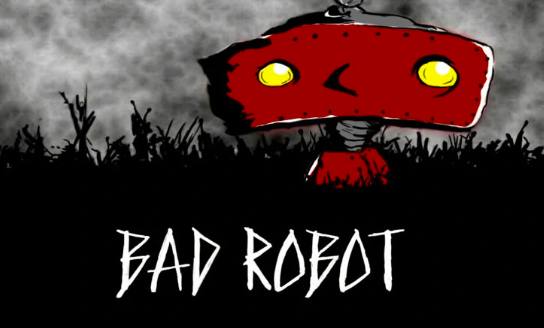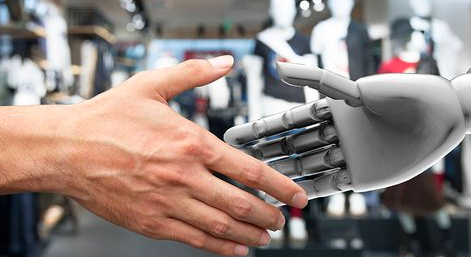We have all seen the films. The merciless robots that are coming for our jobs, homes and families. But are we correct to so fear automation? In many ways our lives are already automated. These are such subtle and gradual changes that we may not even notice it has happened. Alexas that play our music and technologies that have already disrupted our workplaces in small, understated ways. But is it helpful to brand these developments as ‘foe’ or is friend more reflective of reality? Once we rebrand this technology as a tool and not a threat the benefits become more obvious.
Much has already been discussed about 2019’s buzzword- with the perception of this ‘black box’ magic still prevalent. Most businesses sprinkle the ‘AI’ word over their websites without any core understanding of what it actually means. But as the benefits become more widely reported, boardrooms across the globe are better acquainting themselves with how technology can enhance their companies. Indeed, research performed by EY recently found that “organisations enabling AI at the enterprise level are increasing operational efficiency, making faster, more informed decisions and innovating new products and services.”

At its most basic cost vs. benefit level the adoption of AI technology just makes sound financial sense. Costs are lower as are overall head counts.
One of the key concerns around AI is that it will take a significant amount of jobs away from humans. However, the stats are actually much less dramatic with PwC predicting that the displacement of jobs will only be around 3% in the first wave of automation. And of course every sector will be affected in some way, but not every job is at equal risk. Displacement is very much industry dependent- administrative and transport jobs for example are likely to suffer the most disruption. Occupations that rely on creative, social or emotional intelligence will remain uniquely human processes.
How will AI benefit businesses?
Most companies are optimistic that a shift towards AI technologies. With the advent of new computer systems, new jobs and skill sets will be created specific to running these technologies. Companies will benefit from an increase in efficiency as a result of greater automation, meaning a definitive rise in revenue. This, in turn, means more money will be spent on development and services- supporting jobs in other more exciting areas of business.

The main benefits of automation are:
· Automates all the thankless jobs you don’t want to do (or even think about) at record speed.
· Carries out tasks faster, and more accurately than a human ever could.
· Assesses huge volumes of data and generate new types of insights, freeing up employees to concentrate on the areas where human judgement is essential.
It is certainly true that AI will continue to transform our lives in the next ten years- both within and outside of the workplace. But the fear of automation is simply too reductive a view of a very nuanced and evolving transformation. By embracing this AI as friend and not foe, businesses will benefit from systems that elevate and compliment human endeavour, not replace it.

